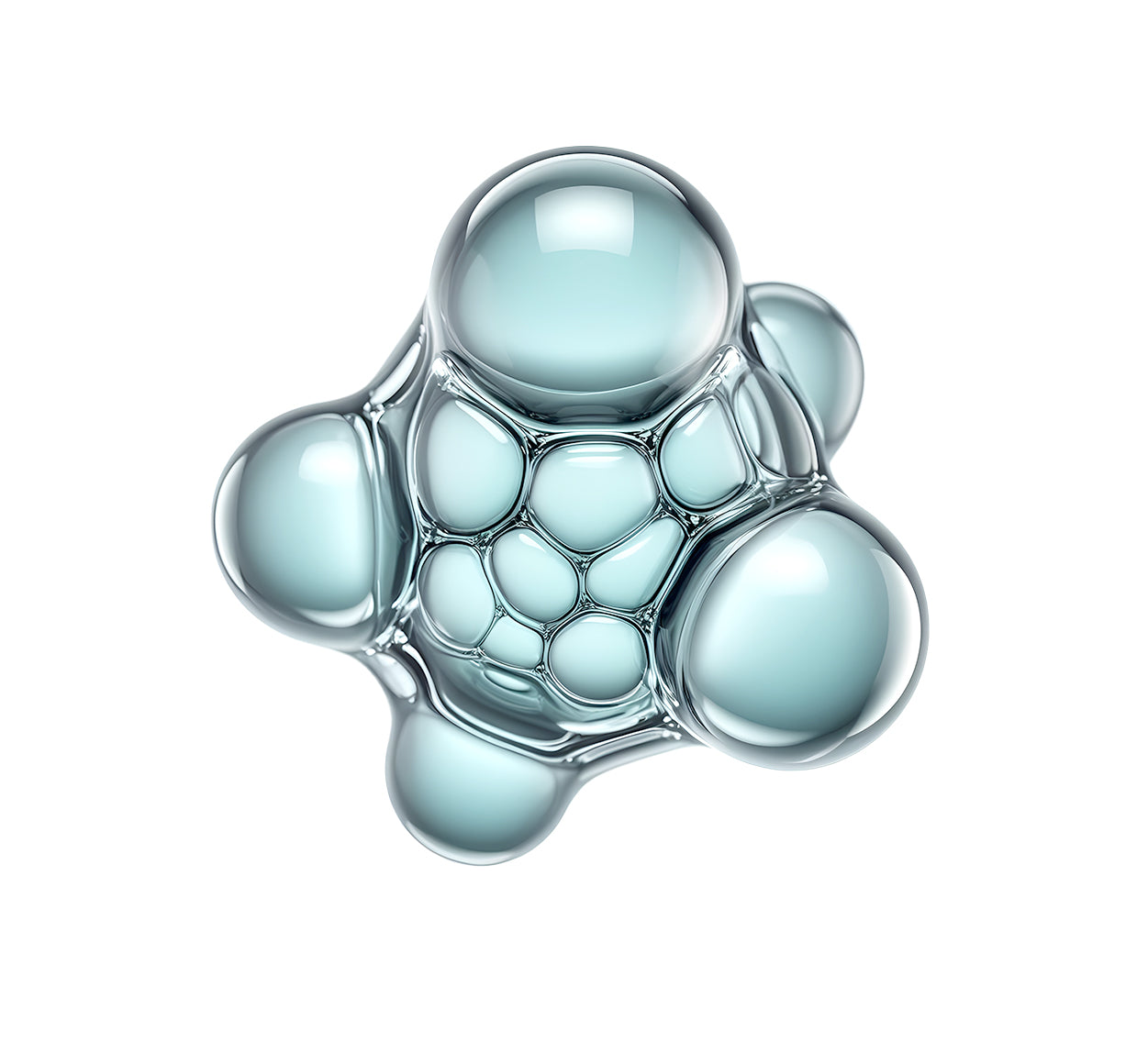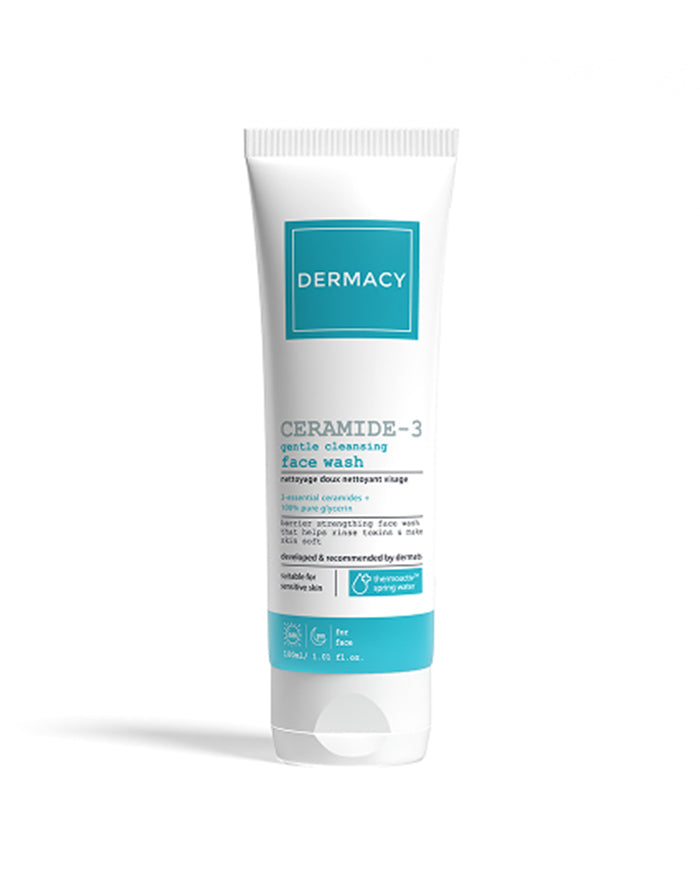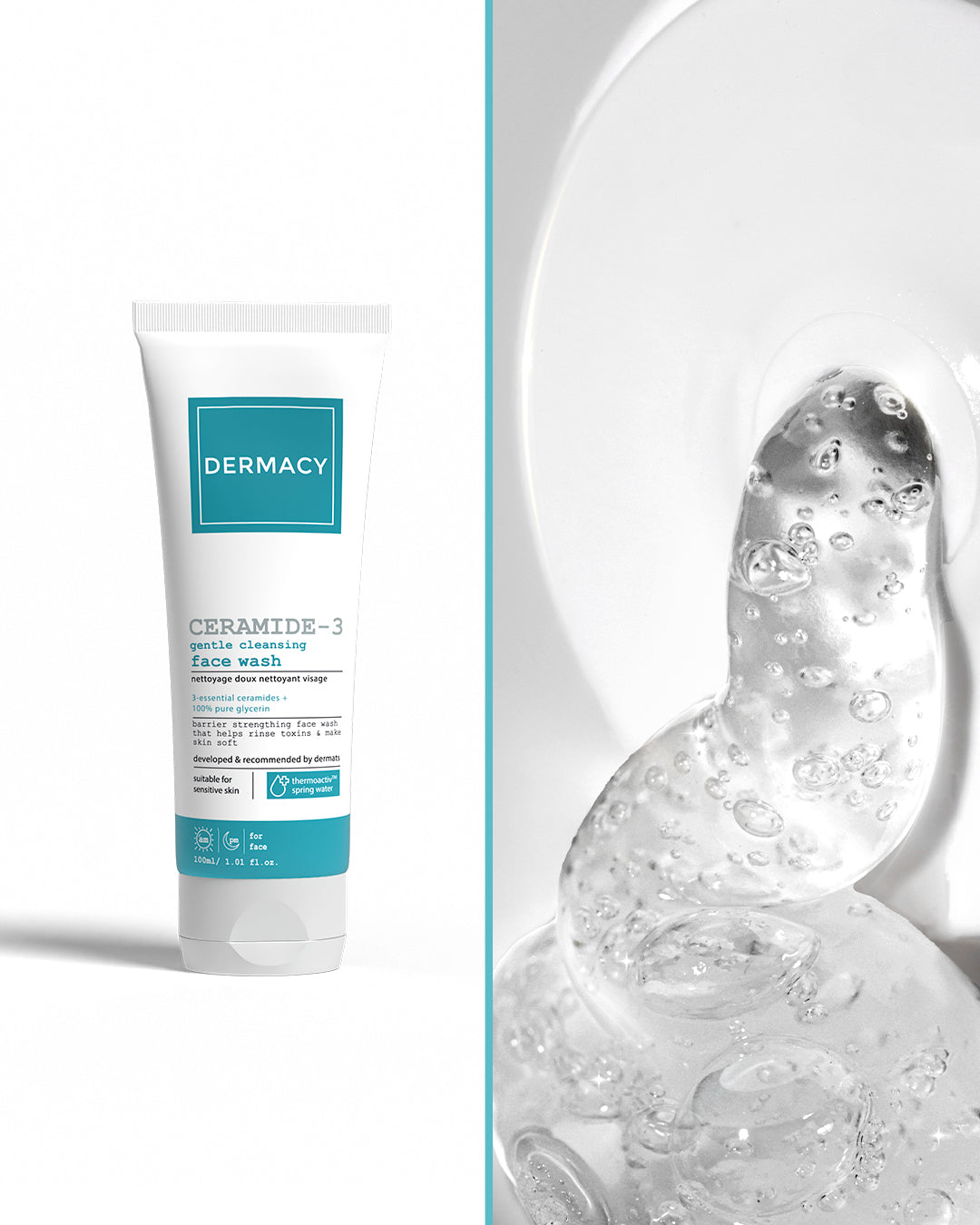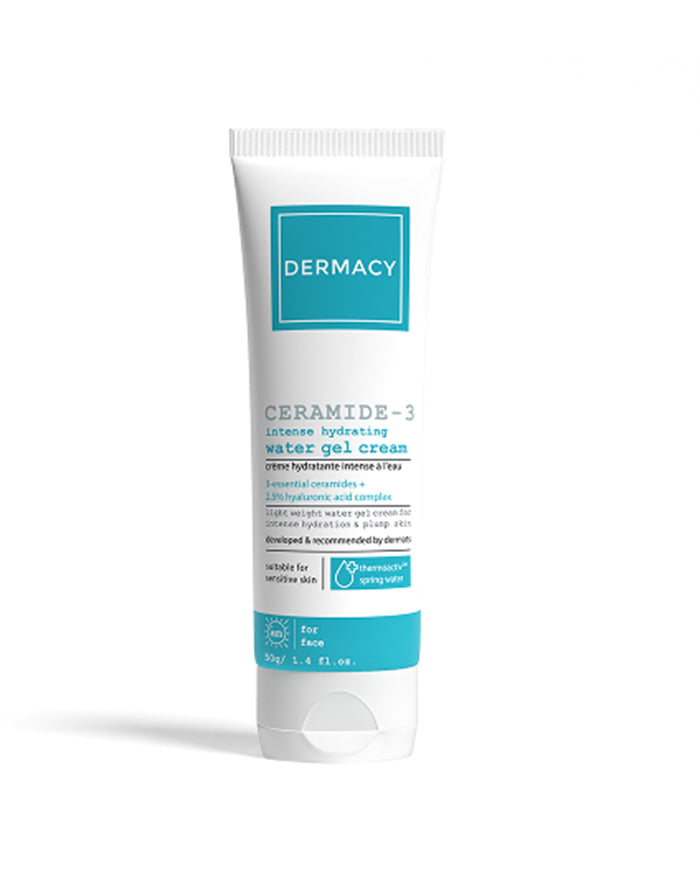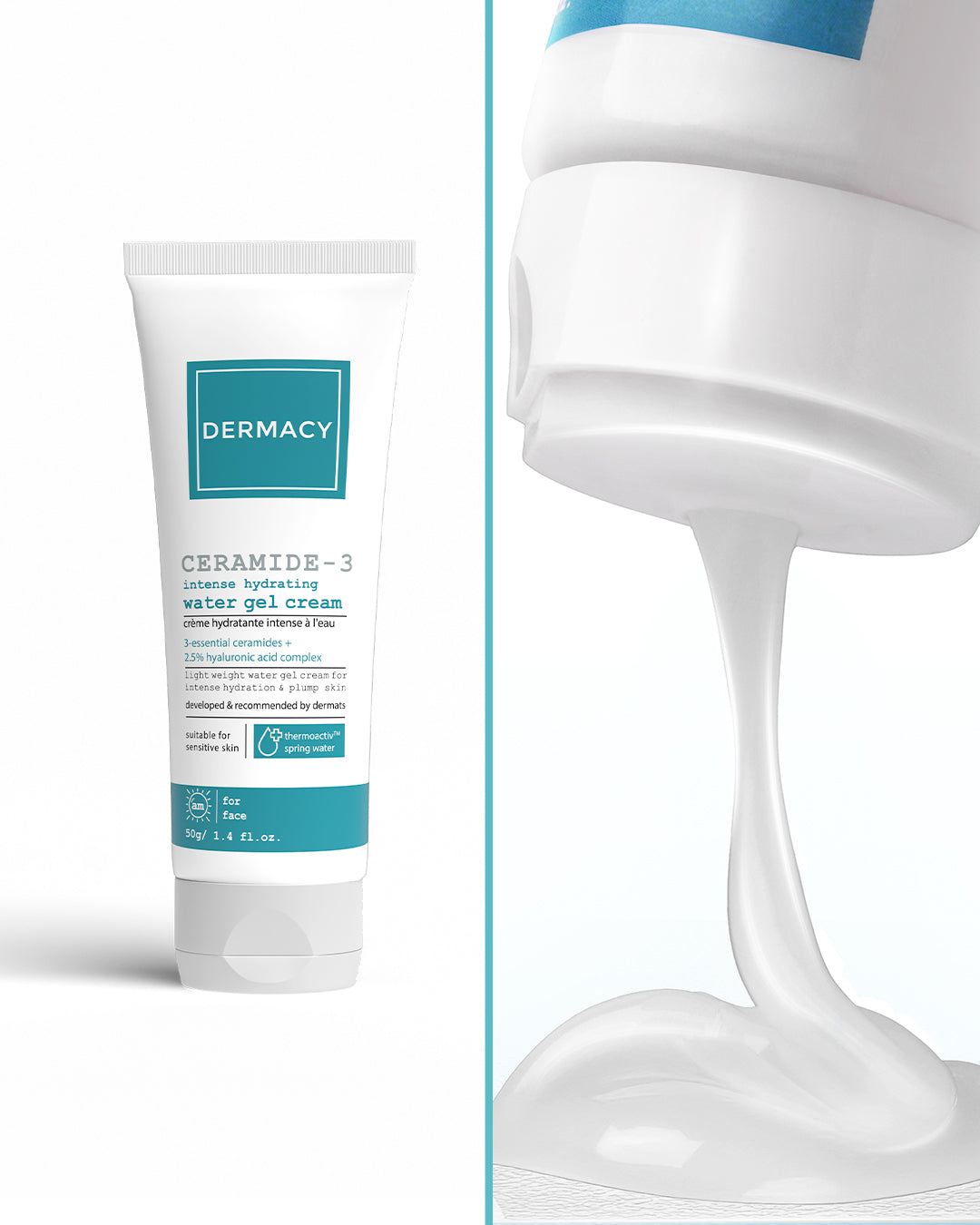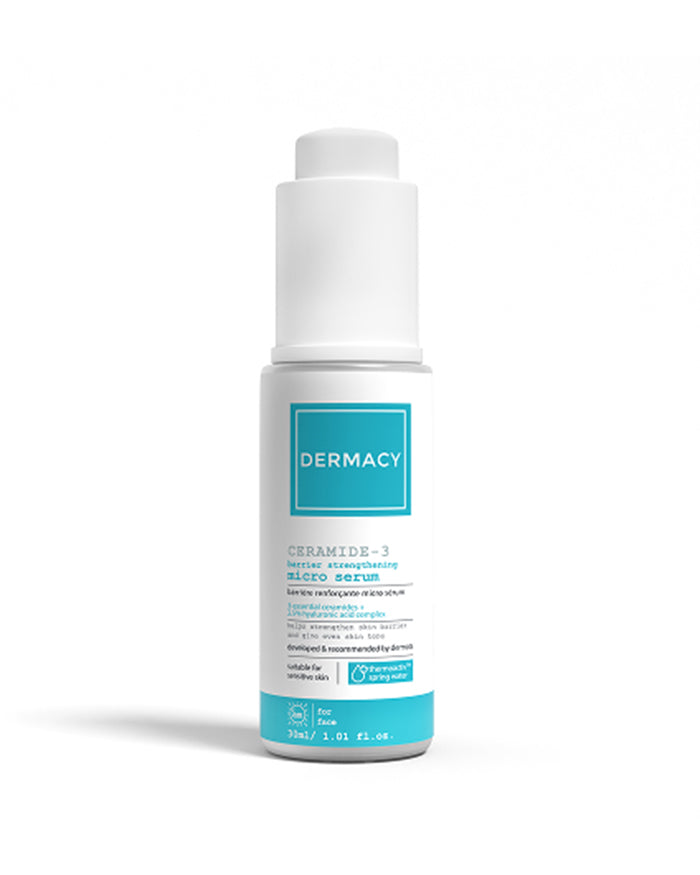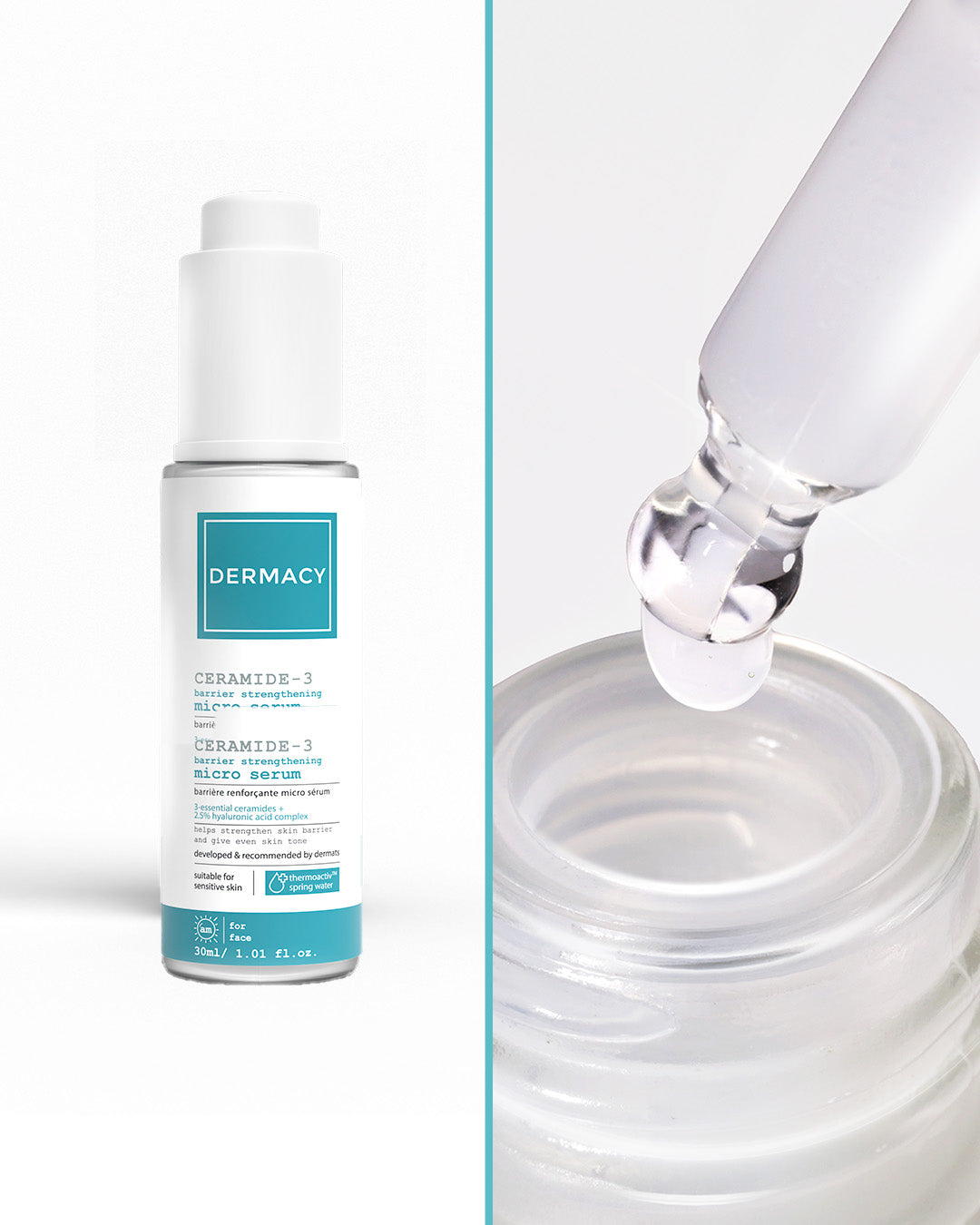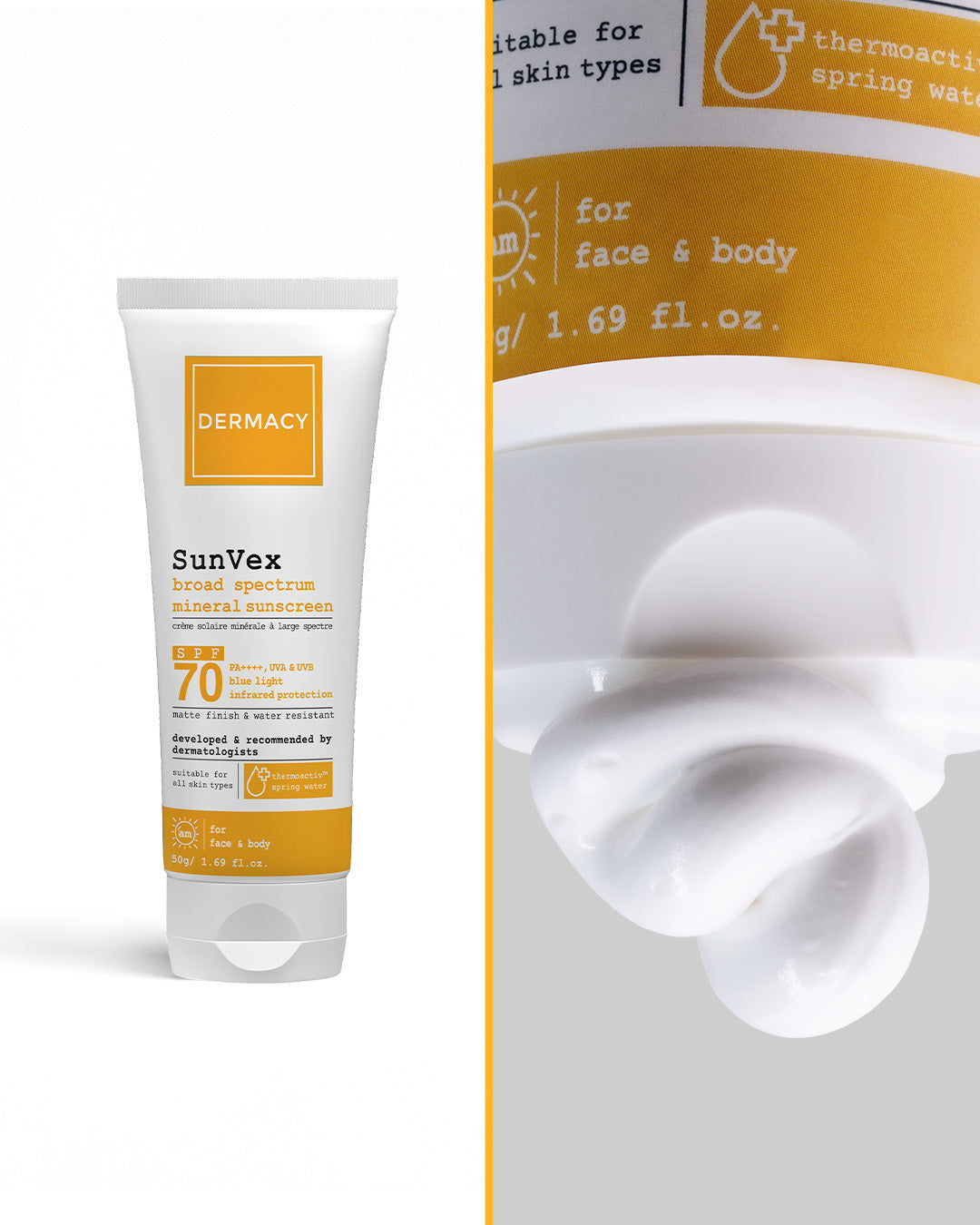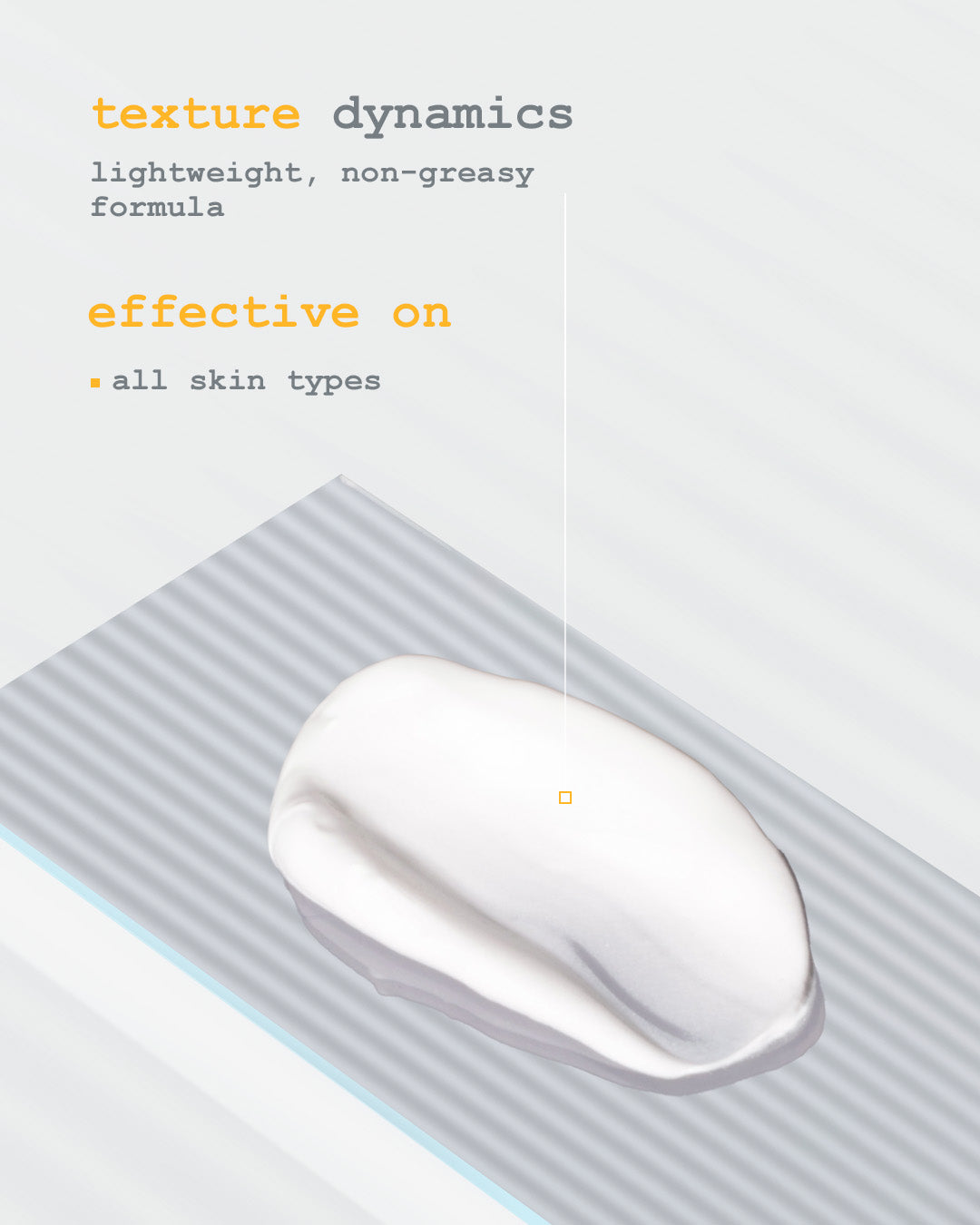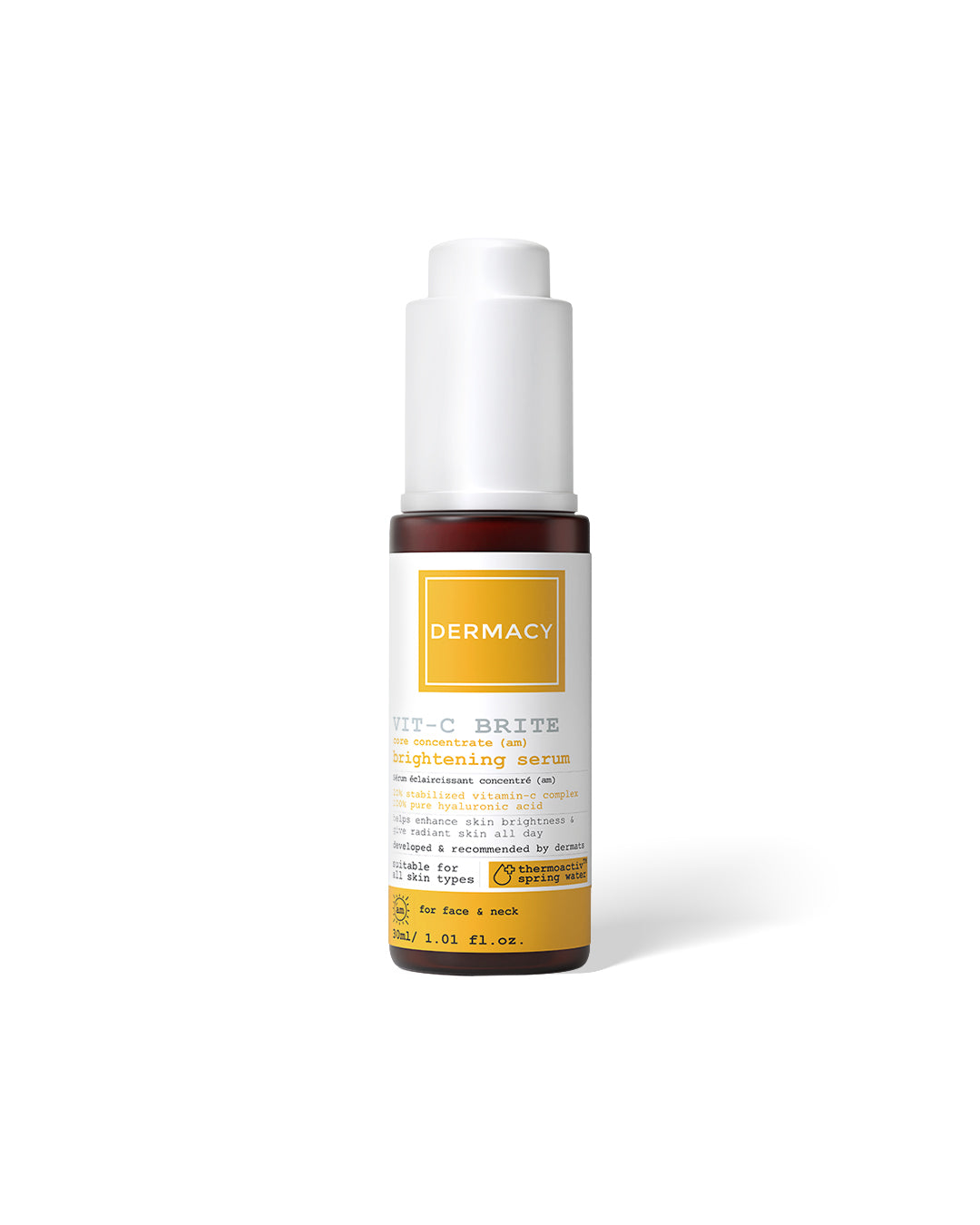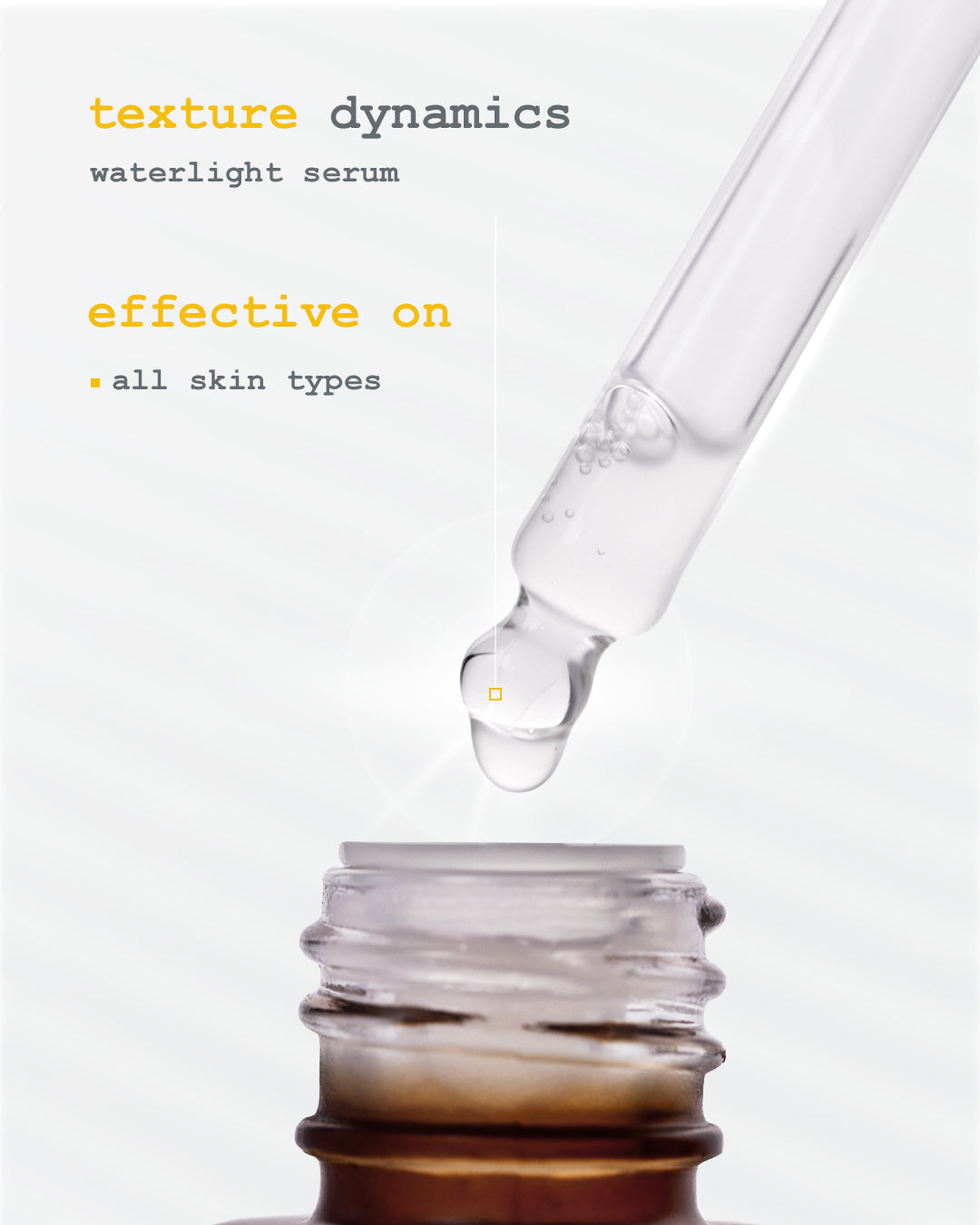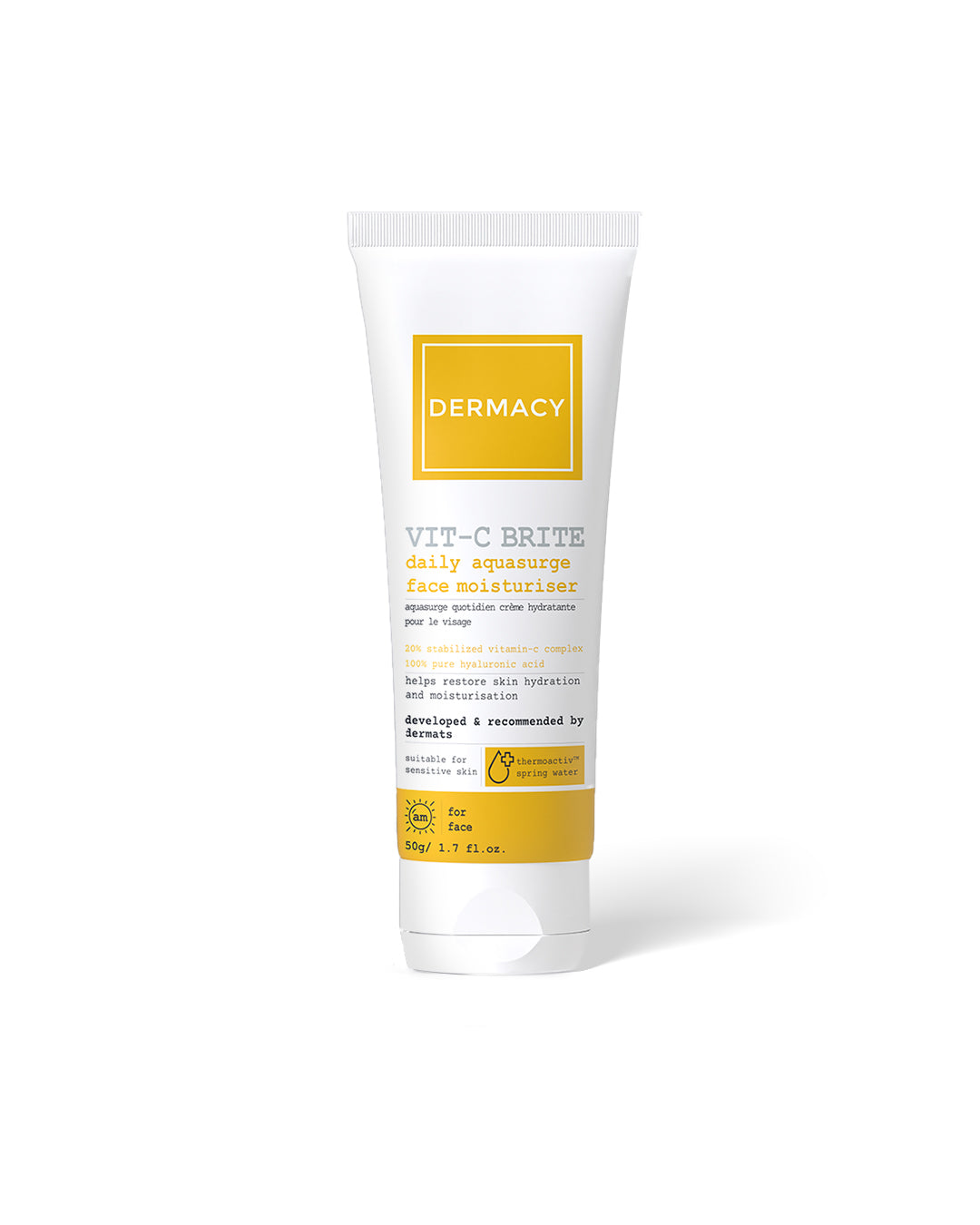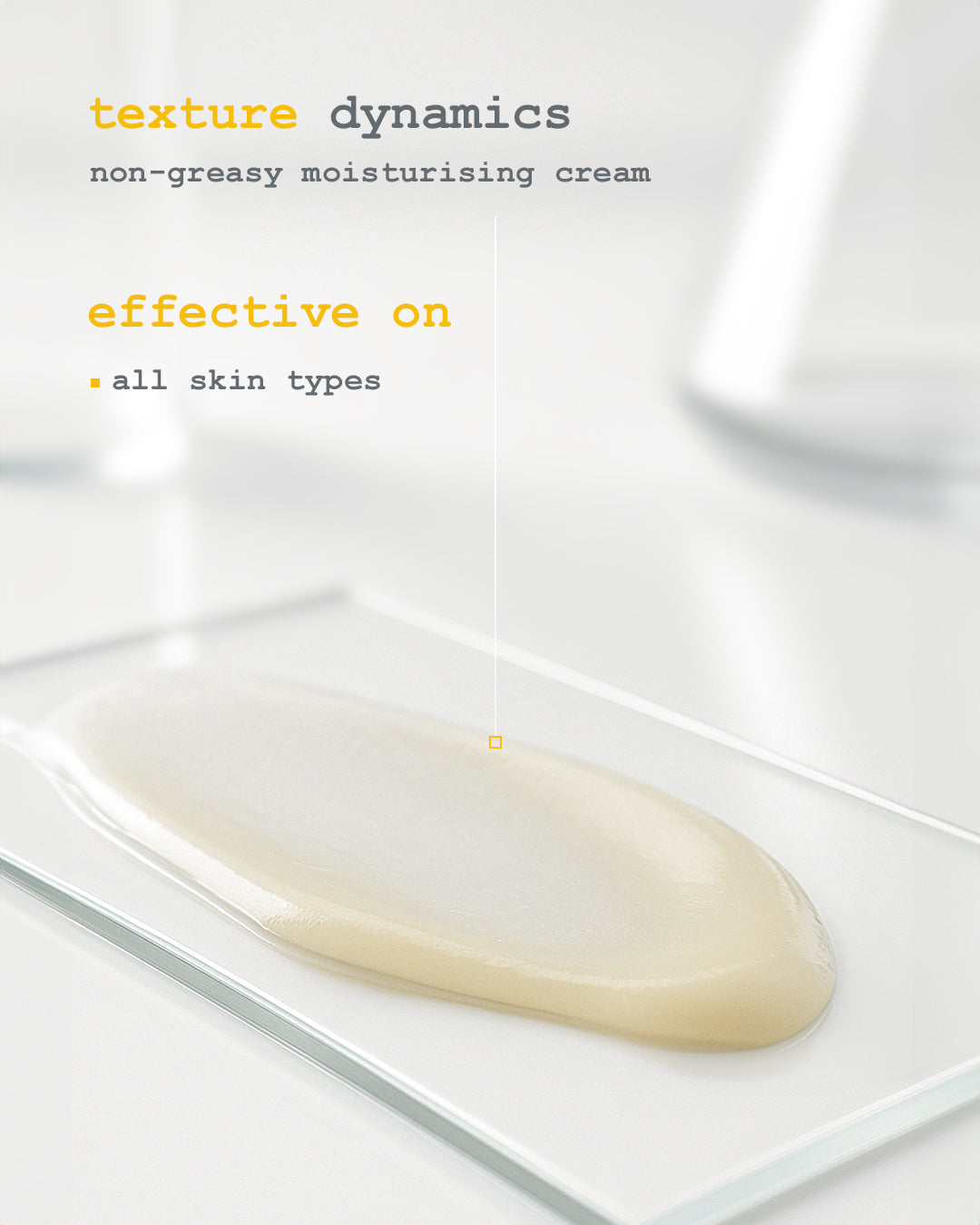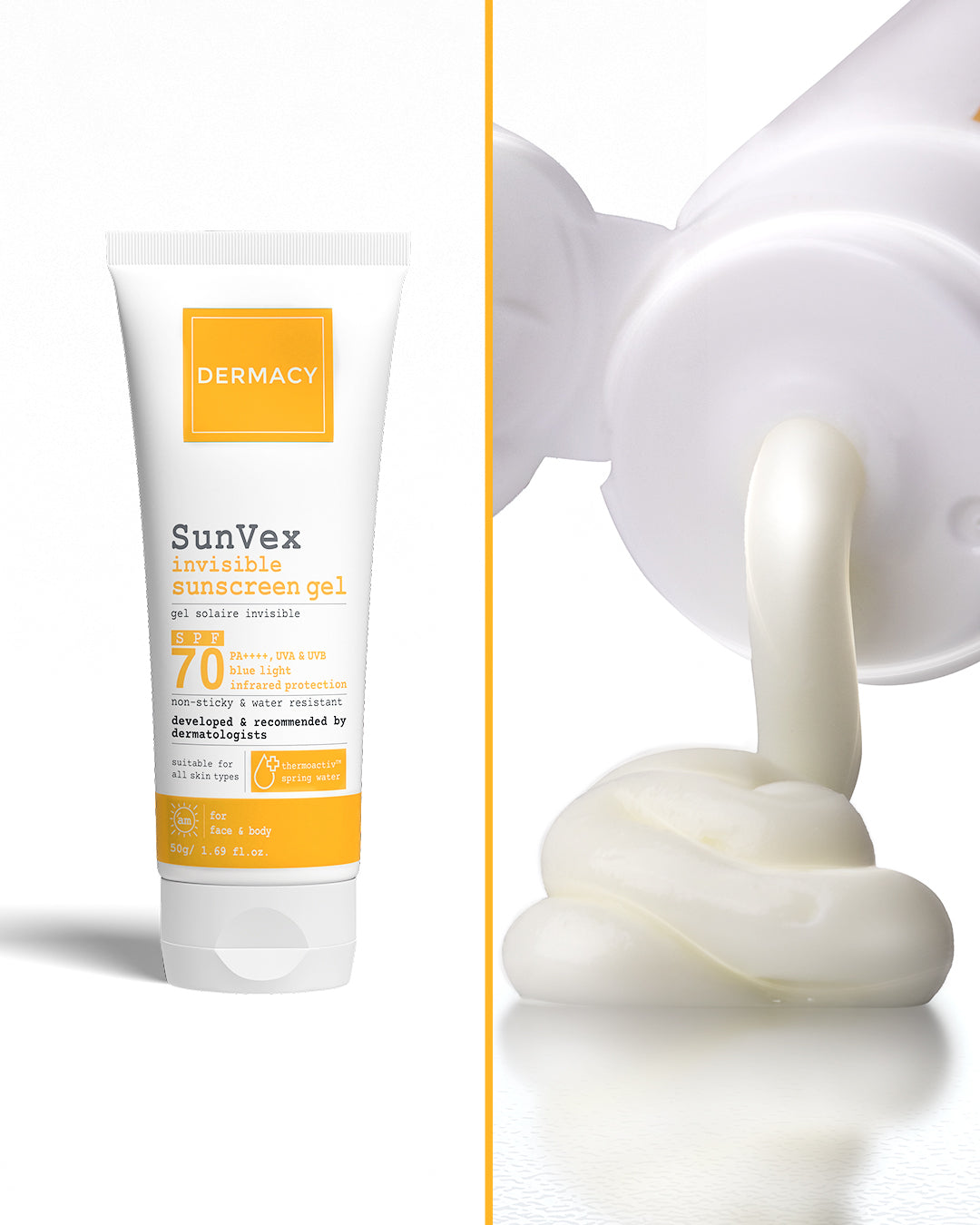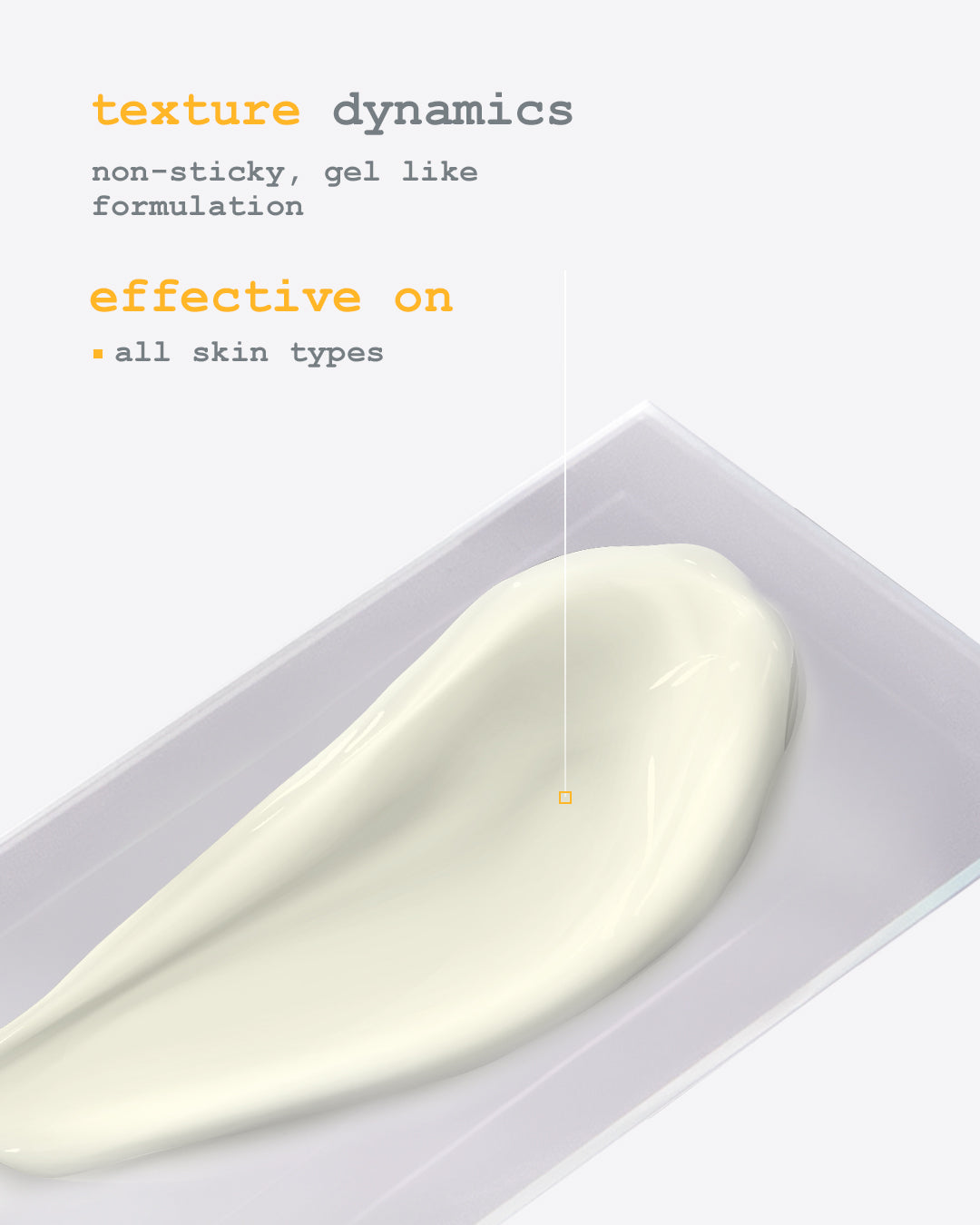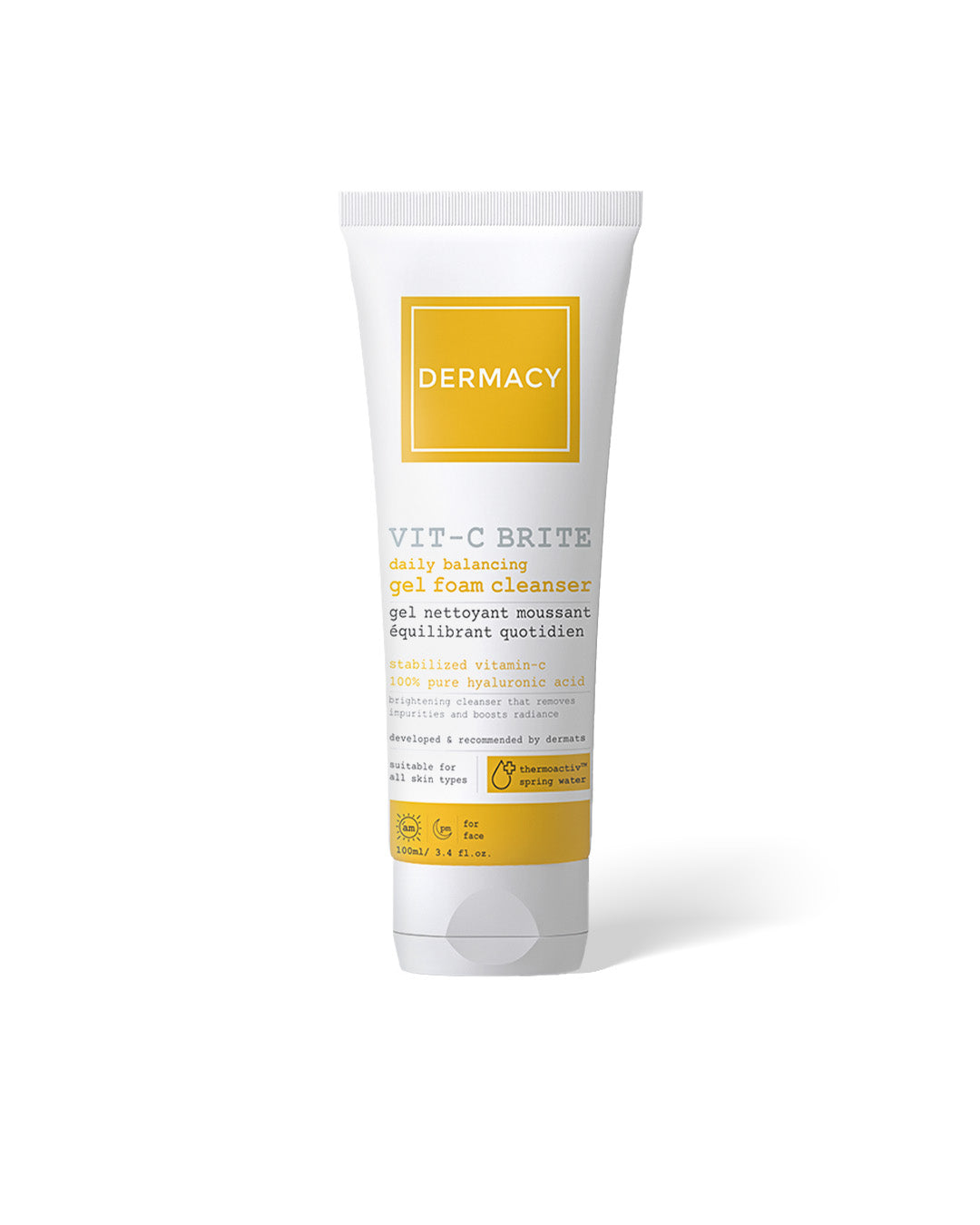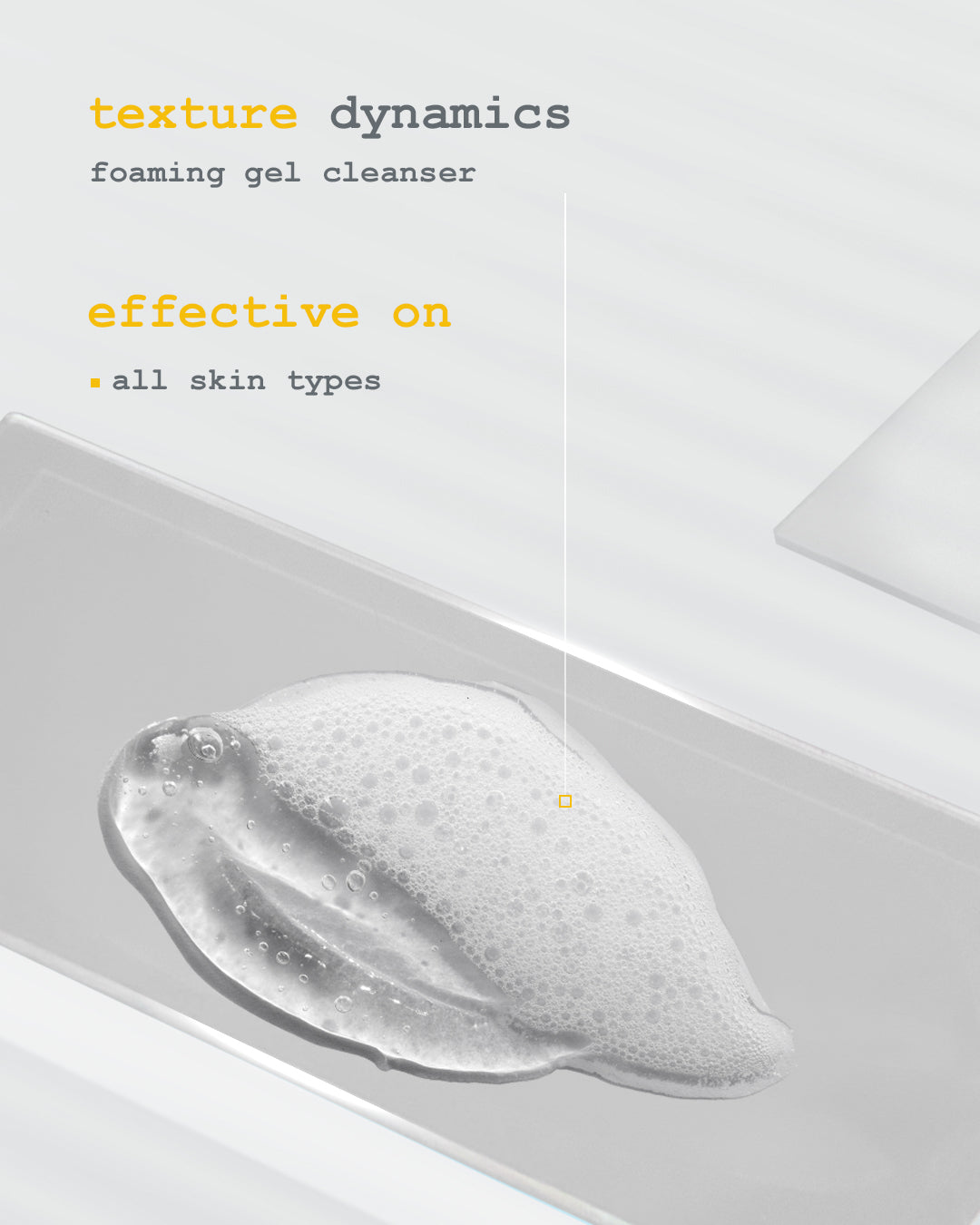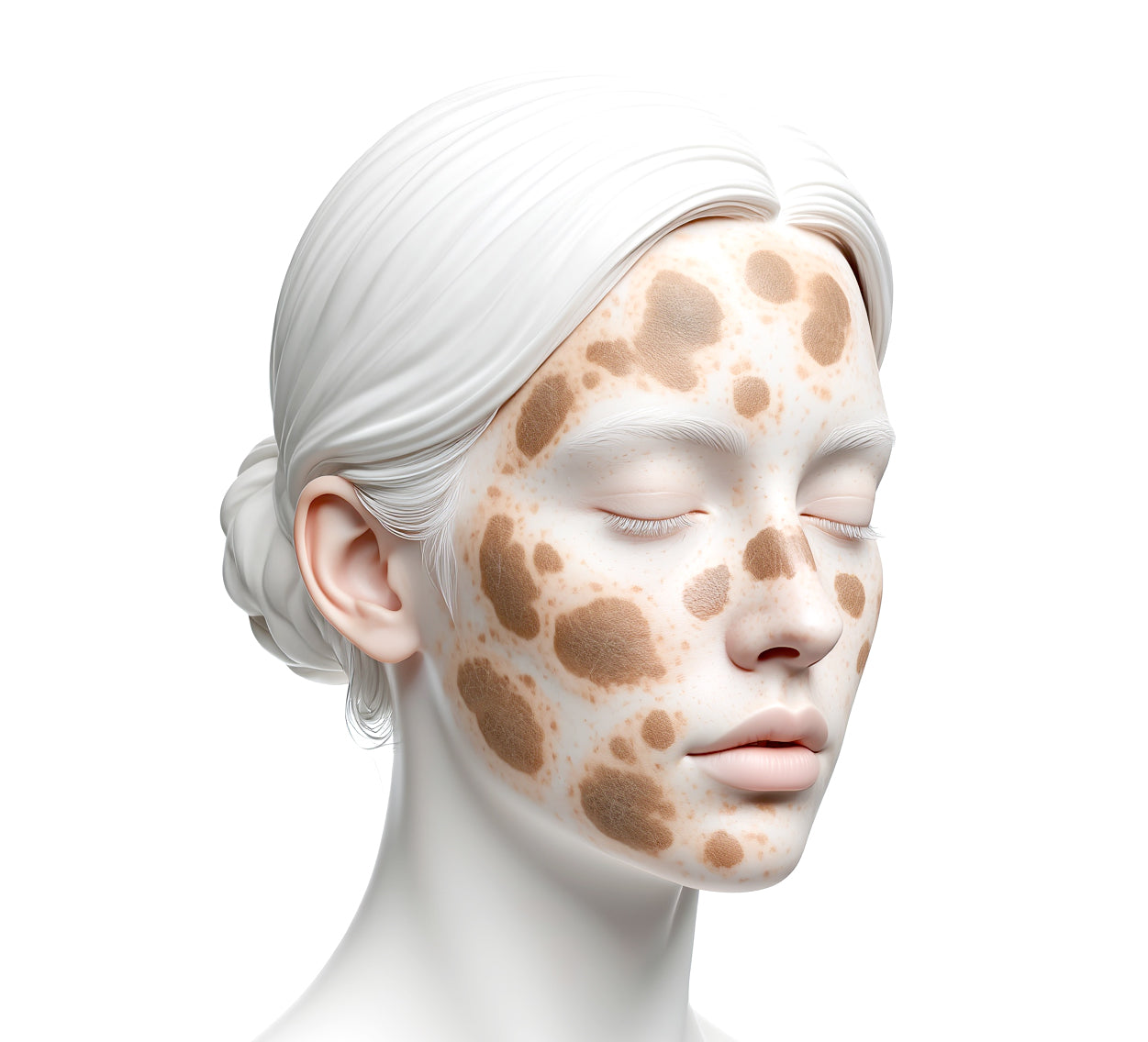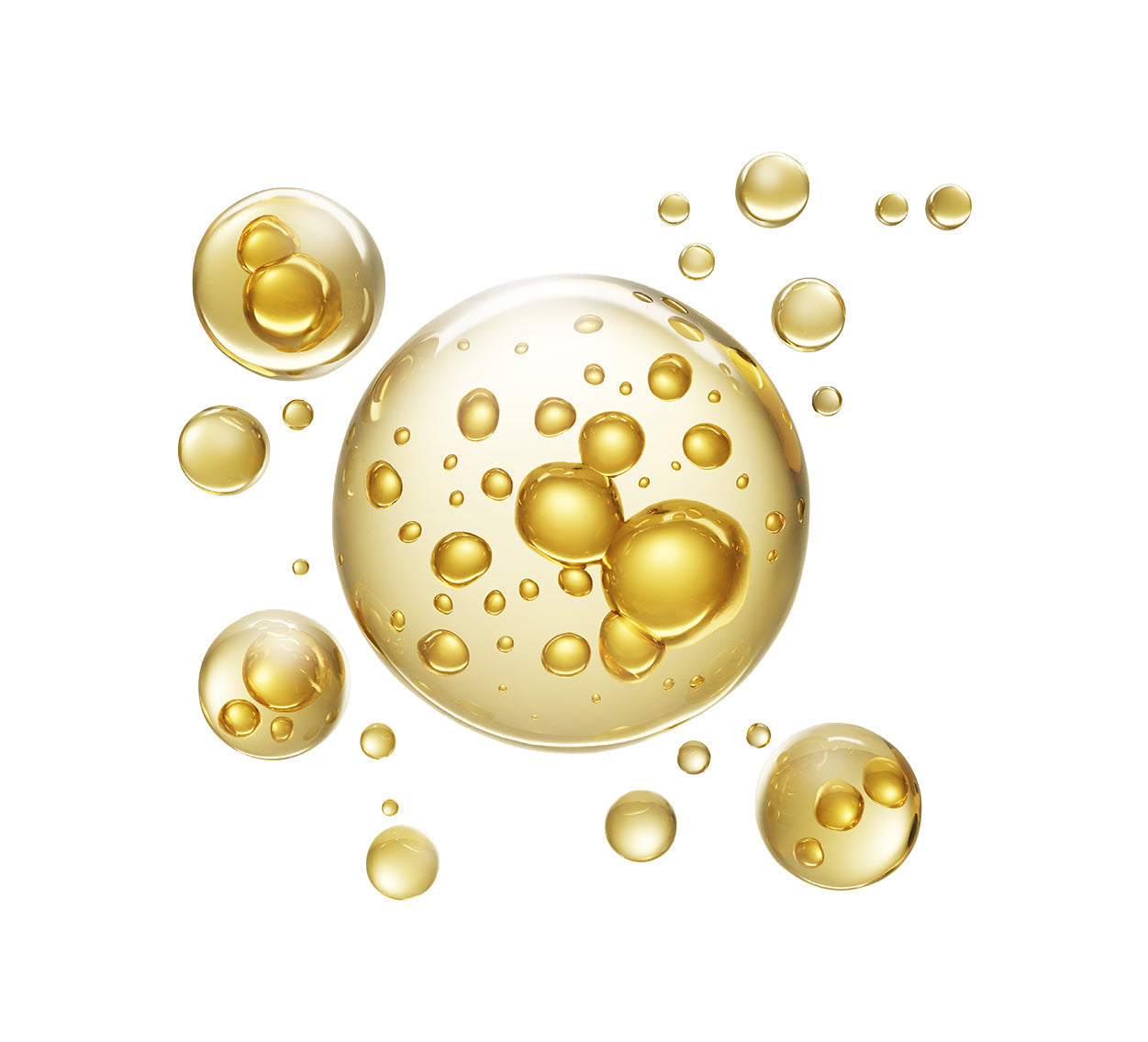The Truth About Allantoin in Skincare
What Is Allantoin?
Allantoin is a skin-conditioning agent derived from plants like comfrey, chamomile, and beets, though it’s often synthesized for consistency and stability. Known for its ability to calm irritation, support cell regeneration, and strengthen the skin barrier, it plays a key role in skincare for sensitive skin and hydrating moisturizers.
It functions as an emollient—softening rough skin—and as a soothing agent, helping the skin recover from external stressors or overuse of actives.
Why Your Skin Barrier Loves Allantoin
When your skin shows signs of stress—tightness, flaking, or discomfort—allantoin works to support skin barrier repair. It promotes gentle cell turnover, reduces inflammation, and enhances the skin’s ability to retain moisture, making it a reliable choice in barrier repair creams, hydrating creams, and sensitive skin moisturizers.
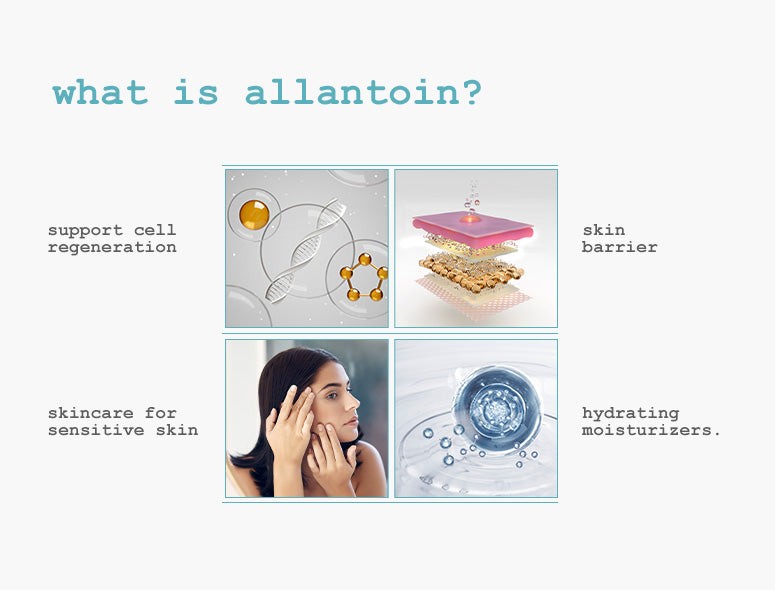
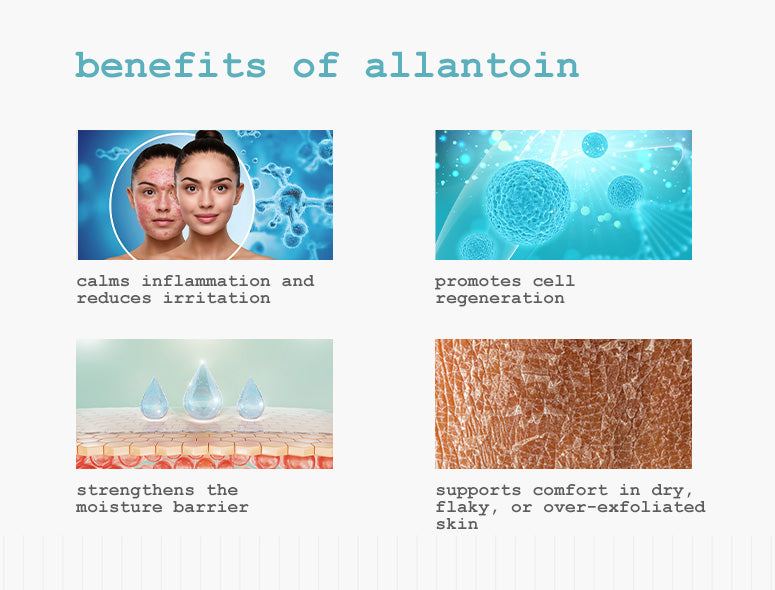
Benefits of Allantoin
How to Use Allantoin in Your Routine
Allantoin is non-irritating and suitable for daily use, even on sensitive or post-procedure skin. It can be found in:
- Face wash for sensitive skin
- Moisturizer for dry skin or hydrating moisturizers
- Lotion for itchy skin or lotion for dry skin
- Allantoin cream for barrier recovery or maintenance
- Best cleanser for sensitive skin paired with ceramides and glycerin
Final Takeaway
Allantoin may be subtle, but it’s a key player in maintaining skin barrier repair—especially for those navigating dryness, post-treatment skin, or sensitivity. Whether you’re building a sensitive skin care routine or searching for the best face moisturizer for dry skin, this ingredient deserves a dedicated spot in your lineup.
Minimal. Effective. Reliable. That’s the power of allantoin in modern skincare.





